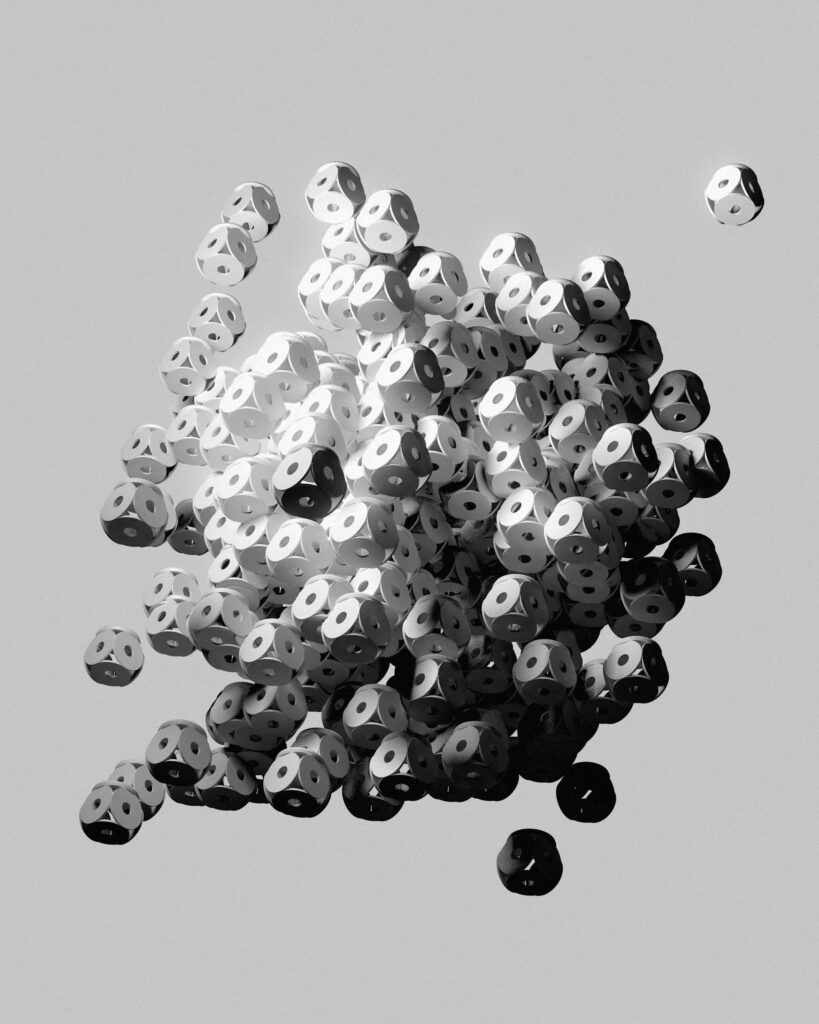Pay-per part business model disrupts manufacturing industry
 Image credit: Resource Database on Unsplash
Image credit: Resource Database on Unsplash
The “pay-per-part model” reduces risk, increases flexibility, and supports agile sustainability
Description
The pay-per-part model enables a specialist manufacturer to use a full-service machine without buying or leasing any equipment, presenting the opportunity for influencing entirely new business models through offering smaller batch sizes, shorter lead times, and low-cost product development cycles designed with the security of a set price. This creates space within the manufacturer’s own working cycle for innovation, testing, and experimentation as well as freeing up high-tech manufacturing services equipment from the bonds of long lead times and high volumes, opening the possibility for a new era of customer procurement based on data-driven resource management.
The first iteration of the pay-per-parts model is being rolled out in a collaborative project in Germany. MunichRe is covering insurance, IoT service provider relayr provides the data analysis for the financing model while manufacturing specialist TRUMPF supplies customers with the machines for their factory lines and the corresponding software and services for manufacturing sheet metal parts.
Relevance
Can the pay-per-part model be an alternative to the traditional purchase of machines making it possible to enable innovative business models? Lessons learned from the initial pay-per-parts pilot will be valuable across the sector and drive the program’s expansion into other manufacturing processes.
Learn more
Vision
EIT Manufacturing vision for the future of Manufacturing in Europe in 2030, called ‘Fixing Our Future
Enablers
Enablers for future change and actions to make the vision, as described in Fixing Our Future, a reali
Signals
A knowledge library of over 100 signals of change, as examples of emerging manifestations towards the
About the project
Learn more about the background, the process and the people and the contributors behind this project.

